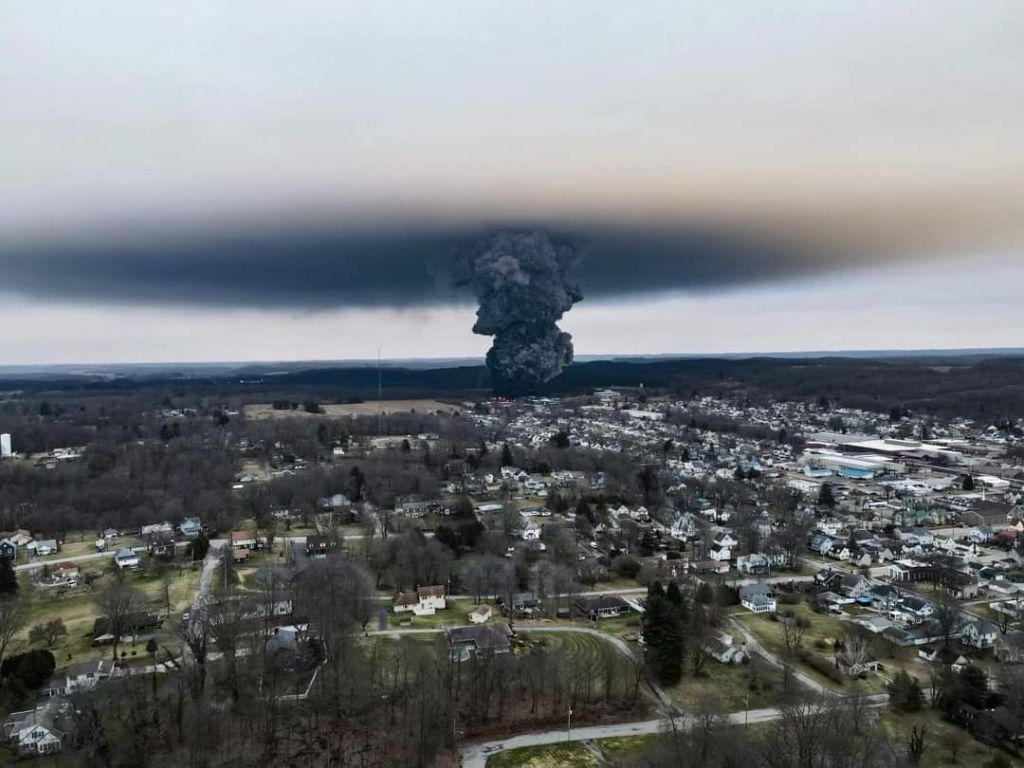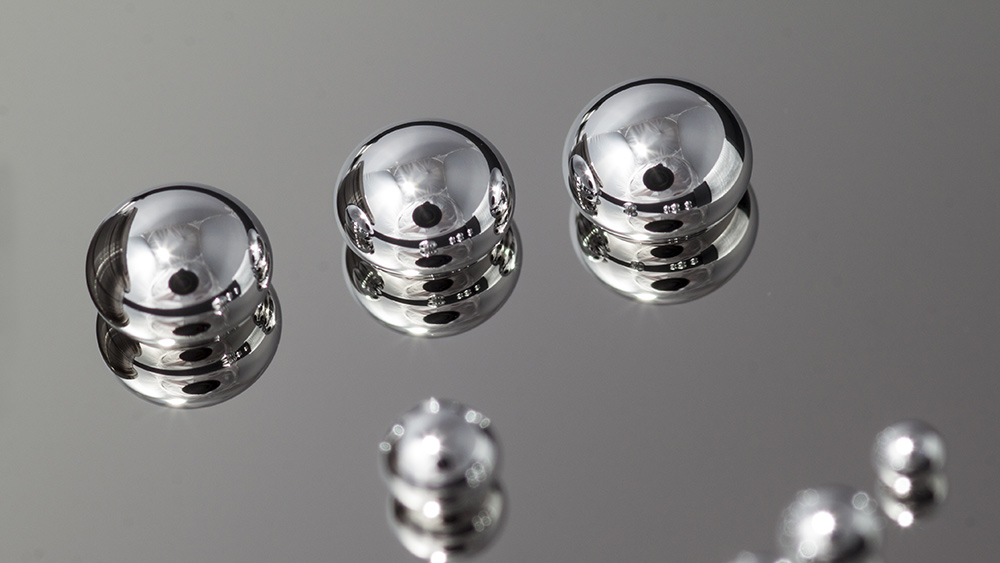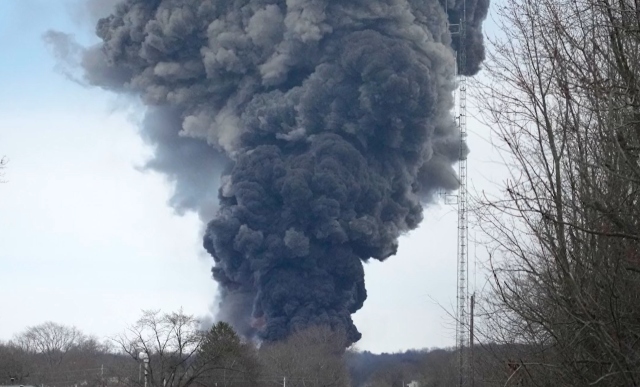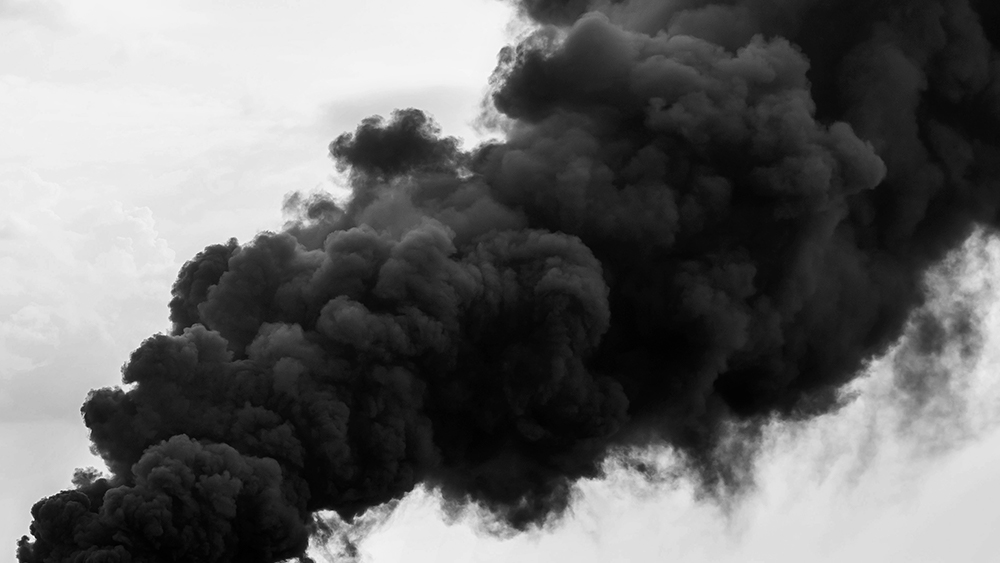
The United Arab Emirates (UAE) plans to burn the waste it generates to create energy. It currently has one finished waste-to-energy plant and three more under construction, including one of the world's largest. The UAE's decision to burn its trash comes as China imposed a ban on waste importation.
A Bloomberg report said the UAE's first waste-to-energy plant in the Sharjah emirate – the country's first commercial-scale facility – will operate in 2021. It also noted two other projects in Abu Dhabi and one in Dubai costing $1.1 billion. The four plants provided an opportunity for the UAE to incinerate almost two-thirds of the household waste it produces.
The Sharjah Waste-to-Energy Project was the result of a partnership between energy firm Masdar and environmental management company Bee'ah. A report said that the facility will process more than 37.5 tons of solid waste per hour to produce up to 30 megawatts of electricity.
The UAE has many facilities for waste sorting and waste recycling – with the latter being able to process construction materials, tires and electronics. However, it has very few facilities that can convert household waste into new products.
This leaves the Gulf country with plastic, paper and organic waste on its outskirts that slowly pile higher. Meanwhile, waste recycling plants call for huge investments – but are unable to produce usable energy. Thus, the UAE has opted to establish waste-to-energy plants for a win-win situation.
Supporters of waste-to-energy argue that it generates energy and prevents accumulation of trash in landfills. The world only incinerates about 11 percent of its rubbish – which makes the UAE's decision to burn most of its trash an unusual one. Most of the time, only the final remnants of trash that recycling cannot recover undergo incineration. (Related: Scientists say that waste from landfills could be recycled as energy or reused as raw materials.)
On the other hand, critics claim that waste-to-energy produces emissions and releases greenhouse gases into the atmosphere. It also acts as a disincentive to recycle – waste meant for recycling ends up being burned. John Ord, business director of British engineering company Stantec Inc., says: "It can become a feed-the-beast issue … [and] can actually work against investment in recycling because you need that waste to meet contractor requirements."
China's ban on waste importation influenced the UAE's move
The Emirati government usually shipped the country's trash to other countries, but it became more difficult as time passed. Countries that imported garbage were either no longer interested or faced pressure from environmental groups. Ord remarked that China's ban on garbage importation "has really changed the economic drivers." He added: "All of a sudden, we have a lot of waste that needs to be dealt with."
A November 2020 report by Chinese state-run media Xinhua News Agency said the communist country would ban all imports of solid waste from Jan. 1, 2021. The state-run media added that the "dumping, stacking and disposal of waste products from overseas" would also be banned. According to the report, the total ban served as "the culmination of policies introduced since 2017 to phase out the import of solid waste."
China started importing solid waste as raw material sources in the 1980s, becoming the world's largest importer despite its limited capacity. "Some companies illegally brought foreign waste into the country for profit, posing a threat to the environment and public health," the Xinhua report noted. But in 2017, China banned the importation of 24 types of solid waste – including textiles, vanadium slag and unsorted paper.
China's ban on waste imports served as a boon for the Sharjah Waste-to-Energy Project. Its opening meant that Sharjah can plug its own dump site. Bee'ah said it will create green spaces and install a 120-megawatt solar power facility on top of the Sharjah waste-to-energy plant's building. It added that it will also produce hydrogen from the garbage to power its garbage collection trucks. (Related: Trash-to-fuel research could reduce mountains of plastic waste.)
Bee'ah CEO Khaled Al Huraimel said he wants to build more waste-to-energy facilities in the region, including in neighboring Saudi Arabia. "They're starting from scratch, but we started from scratch too," he continued.
Pollution.news has more articles about waste-to-energy projects in UAE and other countries.
Sources include:
Please contact us for more information.




















